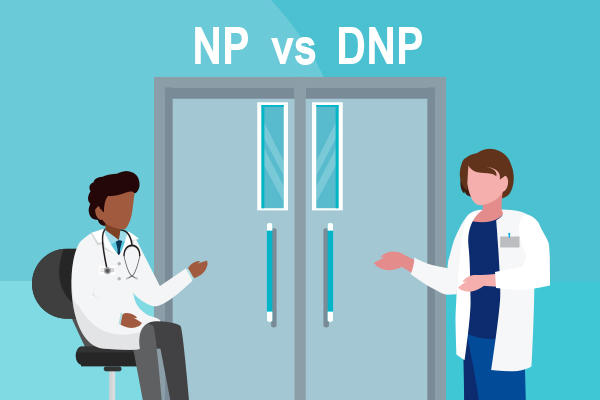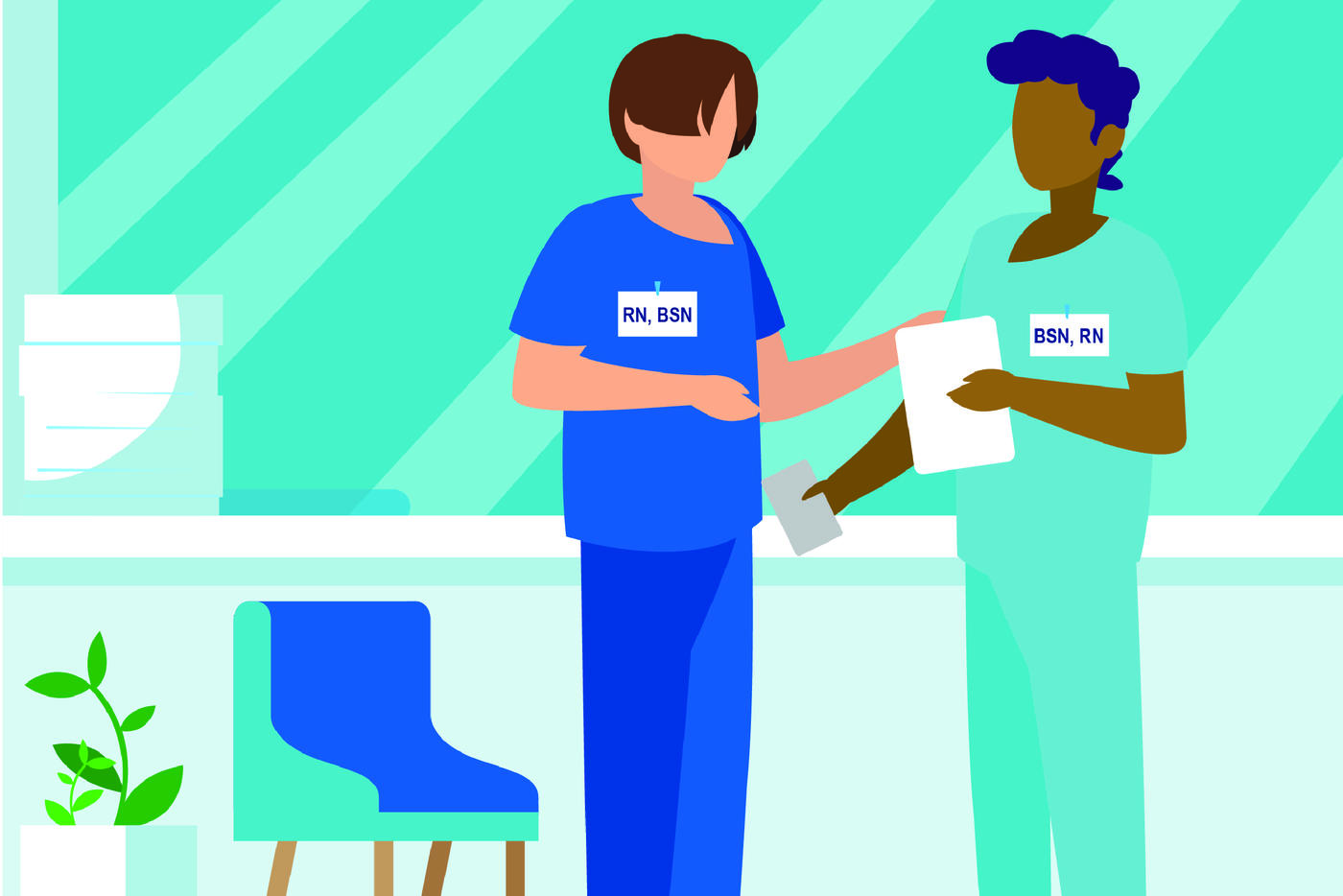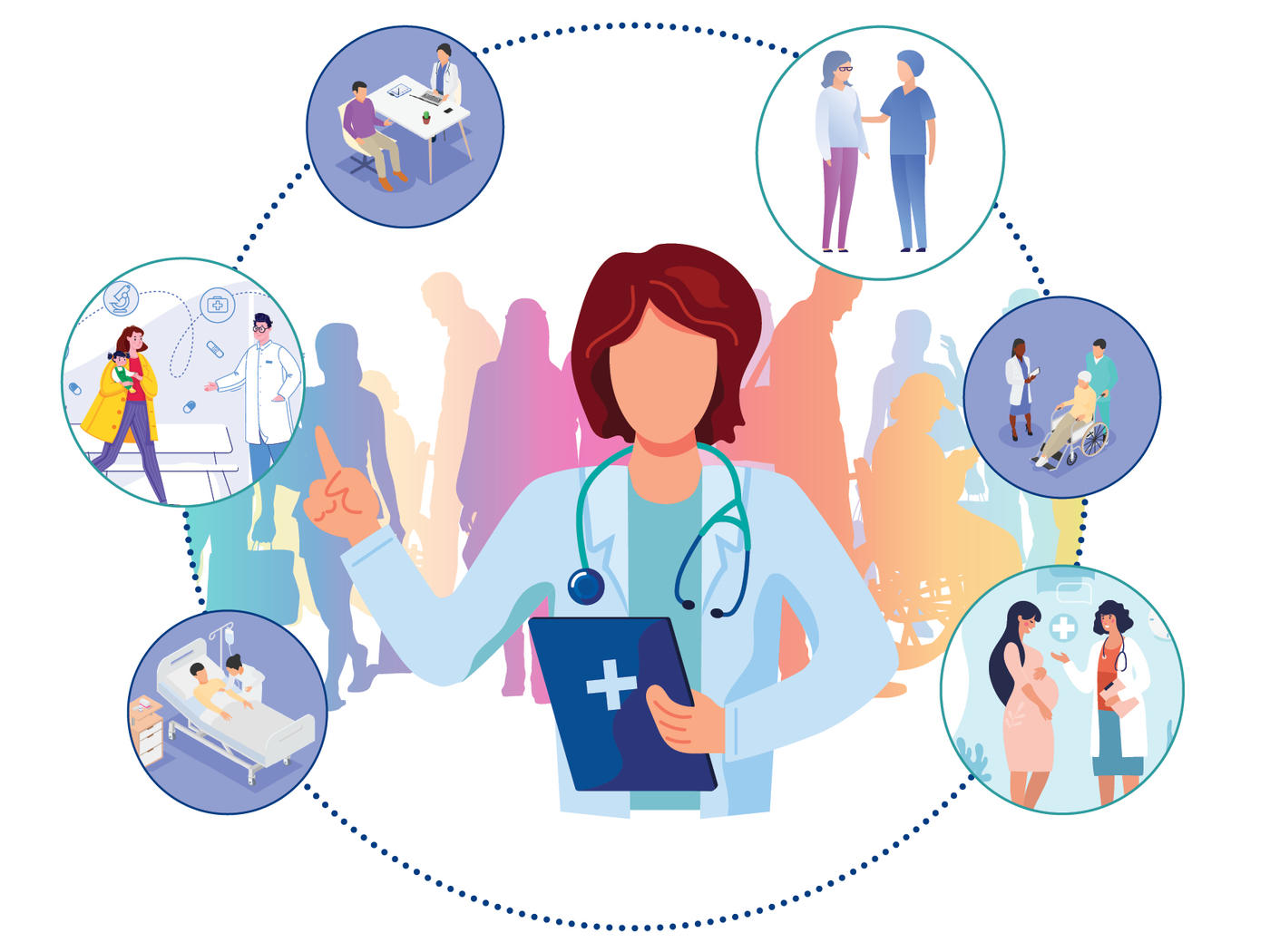Featured
Tags
Share
- Home / Blog / Nursing Today / Chamberlain Alumna Focuses on Total Care: Adds Mental-Health Component
Chamberlain Alumna Focuses on Total Care: Adds Mental-Health Component

Being trained as a Chamberlain nurse means noticing when there is an unmet need. Alumna Jennifer Keller, DNP, CPNP, PMHS, joined a local hospital years ago and soon realized there was a need for mental healthcare in the primary setting but there wasn’t a place for it. So, in true Chamberlain fashion, she Stepped Forward to make it happen.
“There was no availability, access or people to do it,” recalled Jennifer, who has been with the Children’s Hospital of Philadelphia for 10 years, the last six as a certified pediatric nurse practitioner. “I had focused on adolescent healthcare, primarily those with anxiety and depression, and I wanted to implement a model where we see patients for mental healthcare and primary care – both in the same setting. I wanted to figure out a way to help fill this gap in mental healthcare.”
Turning Challenge into Reality
So five years ago, while completing her online Doctor of Nursing Practice degree (DNP) with Chamberlain, she set out to be that trailblazer. Inspired by her mom to join the nursing profession, Jennifer chose primary care because of the opportunity to build relationships with patients and their families.
While the idea to incorporate mental healthcare was well received, there was a lot of apprehension and fear from physicians and nurse practitioners to build this model because of anticipated capacity and resource shortages.
“There was a fear that ‘if we build this, they will come’,” Jennifer said. “But the research showed that they were already here and we were ignoring them. It was an eye-opening experience. A lot of the primary-care diagnoses are based on mental health problems.”
Taking the First Step
That seemed to be the evidence needed for her team to give the pilot a try. First and foremost, Jennifer reached out to every therapist within a five-mile radius of the hospital to establish a two-way partnership for the program. “Building your resources is more advantageous than not and helped this model take off.”
At the beginning, Jennifer – who also has a Pediatric Primary Care Mental Health Specialist certification – would schedule a certain amount of time each week to work with patients who wanted/needed a mental-health assessment. Soon after, she built a nurse-triage platform for mental healthcare to properly route anyone dealing with anxiety, depression or suicide. She now provides ‘curbside consults’ or full visits, answers questions on the phone or transfers patients to one of her therapeutic partners. Then the rest of her day is spent seeing children for their sick or well visits. “I like this split because I keep all of my skills sharp.”
Worth the Effort
Looking back over the last five years, Jennifer remembers the stress and time commitment to get this program off the ground, plus the trust she needed to earn from her team. “It all worked out. The provider and patient satisfaction has been astronomically positive,” she said, adding that her success caused a positive ripple effect within the hospital, with other branches looking to implement a nurse practitioner-led model. This is the first step in what she hopes is a widespread phenomenon. And for those health practitioners ready to take the plunge, Jennifer offers a three-pronged approach for getting started:
- Work with a Pediatric Nursing Certification Board.
- Survey your team for their interest and ability to help make it a reality.
- Partner with your community.
Stepping Forward for Mental Health
Partnering is something Jennifer knows well – inside the office and out – especially when she Steps Forward in her advocacy for mental healthcare. She has teamed up with the National Association of Pediatric Nurse Practitioners (NAPNAP) Foundation, serving on the board and speaking at industry conferences.
Reflecting back on why she started the program years ago, Jennifer said, “Teenagers come to me and divulge all this information. And there are a lot of barriers – maybe they don’t want to tell their parents or they don’t have the right insurance to get therapy or medication. But now, through this program, I can partner with them to successfully get treated for this. And they come back and say, ‘I’m in college now, thanks to you.’ That’s the reward.”
Ready to add DNP to your credentials? Learn more about Chamberlain's DNP program.
By Heather L Hurtado
More from Nursing Today
Request More Information
To receive the Chamberlain University Program Guide, including associated career paths, please select a program of study.







